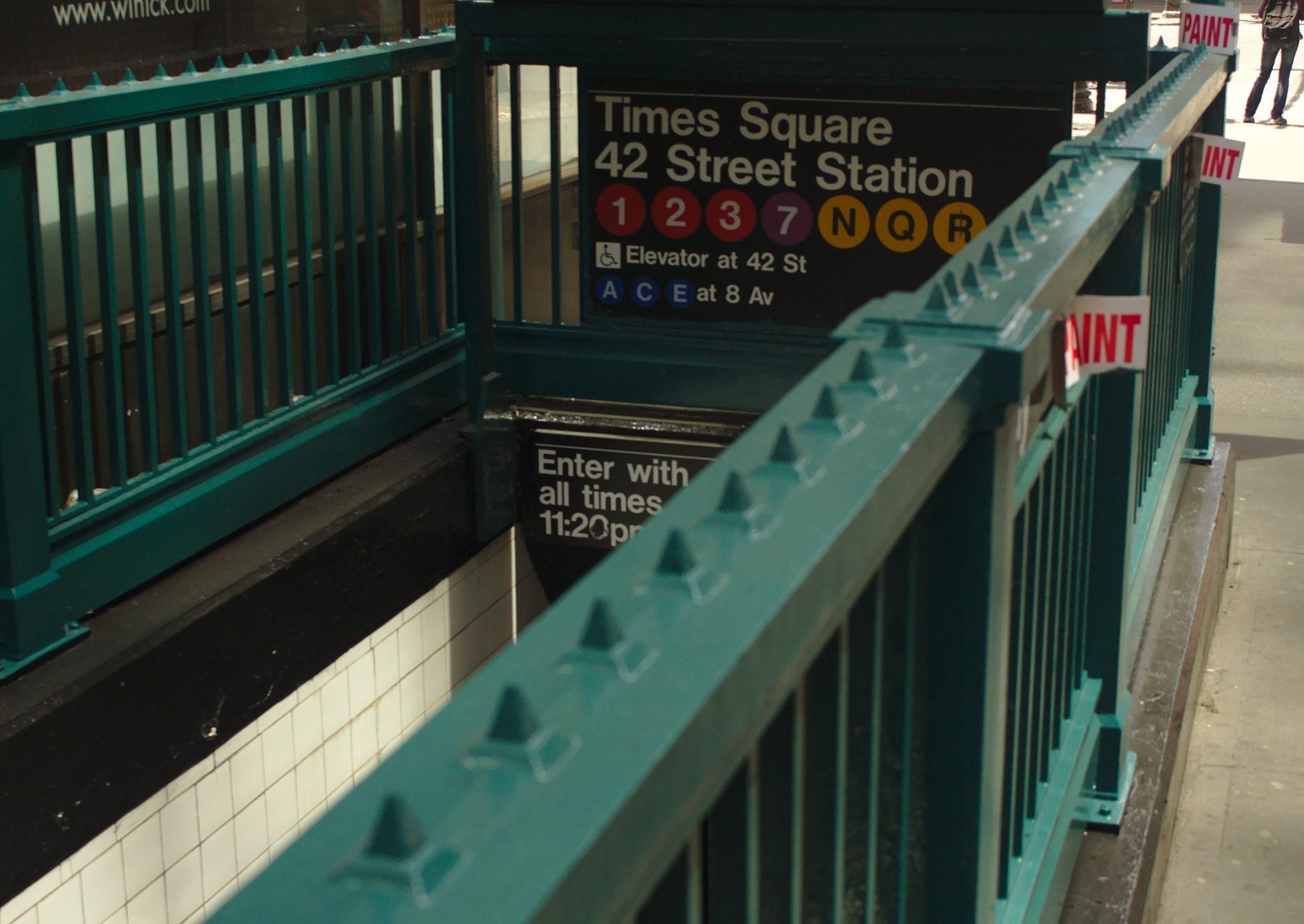Disability advocates have filed two lawsuits against the operator of the New York City subway, claiming that a lack of concessions for handicapped riders is tantamount to discrimination.
The complaint notes that of the 472 underground and elevated stations scattered across each of the Five Boroughs, fewer than a quarter are outfitted with ramps or elevators. Of the stops which do offer such amenities, there’s seemingly no guarantee that facilities are well-maintained or even accessible.
The New York City subway system, operated by the Metropolitan Transportation Authority, or MTA, is among the most expansive heavily used public transit networks in the world. Over a billion rides are registered on the multitude of lines every year. The trains service a city which has largely foregone cars and the congestion; New York has one of the lowest rates of car ownership per household in the United States.
The importance of the city’s subway is not lost upon the plaintiffs, whose attorneys lament how little effort has been expended to assist disabled passengers.
Refusals by the MTA to upgrade its underground infrastructure to accommodate the handicapped leaves differently-abled passengers “barred, limited, and deterred from equal use of, in the words of former MTA chairman and CEO Thomas F. Prendergast, ‘the most efficient way to get around town,’” read one of the lawsuits.

Both actions were filed by Disability Rights Advocates “on behalf of several nonprofit groups and three individuals,” reported Jonathon Stempel of Reuters.
“If just one elevator is out of service, I’m stuck,” said plaintiff Sasha Blair-Goldensohn. Goldensohn, as described by Reuters, is a Google software engineer as well as a wheelchair user.
Despite New York being known around the world for its subway system as well as its pizza and skyscrapers, the city has put in surprisingly little effort to install new elevators or maintain its existing stock. Reuters mentions a figure from one of the filed court documents, claiming that, in 2015, the MTA “suffered 9,109 elevator outages in the year ended June 2015, of which 4,117 were unplanned.”
Stempel goes on to contrast New York’s subway system with comparable works in San Francisco and Washington, D.C., both of which provide access for handicapped passengers at 100% of their stations. Boston and Chicago, which have had mass transit networks for decades longer, still boast accessibility at 2/3 of stations.
MTA spokesperson Beth DeFalco told The Gothamist that upgrades are planned.
“The MTA has been committed to serving the needs of disabled customers through subway service, fully accessible bus service and the MTA’s Access-a-Ride program,” said DeFalco. “That commitment continues to be evident in our current Capital Plan where we are spending more than $1 billion to increase the number of ADA-compliant subway stations and replace existing elevators and escalators. We cannot comment on pending litigation – therefore we can’t address these specific lawsuits.”
Although the MTA is promising changes, Disability Rights Advocates has made a point of how slow the company has been to implement them in the past. The plaintiffs will argue as part of their lawsuit that the New York City subway is violating a local human rights law as well as the Federal Americans with Disabilities Act.
Sources
Disabled NYers File Class Action Lawsuit Against MTA Over Inaccessible Subway Stations
New York City subway faces two lawsuits over disabled access


Join the conversation!